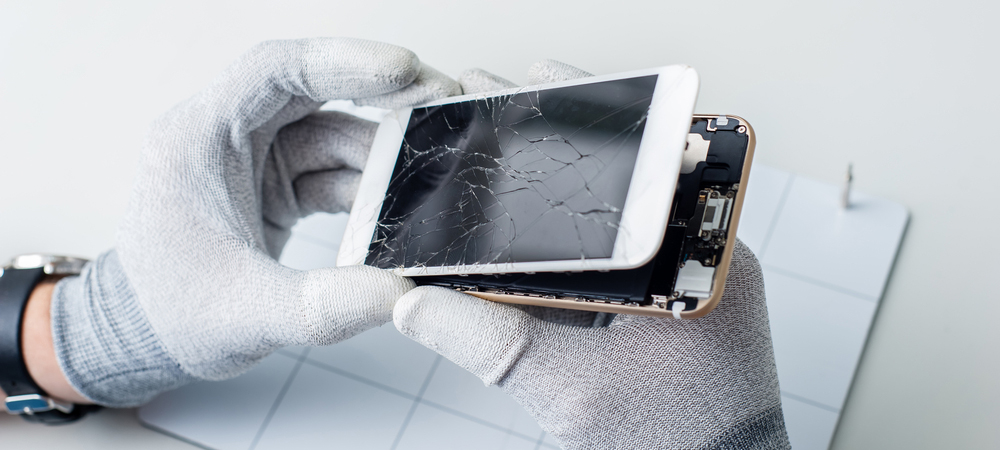In an era defined by rapid technological advancements, the United Kingdom’s technology repair industry finds itself at a crossroads, grappling with both remarkable progress and persistent challenges.
This vital sector, responsible for extending the lifespan of electronic devices, reducing electronic waste, and promoting sustainability, has witnessed significant transformations in recent years. However, it is not without hurdles that the industry marches forward.
Progress: From Fixing to Enhancing
The UK technology repair industry has come a long way from its humble beginnings as small repair shops fixing computers and simple electronics. Today, it encompasses a diverse array of gadgets, from smartphones and laptops to intricate gaming consoles and smart home devices. This evolution reflects the industry’s adaptability and its ability to cater to the changing needs of consumers.
One remarkable aspect of progress in the industry is the shift from mere repairs to holistic enhancements. Repair centres, like Tekeurope, are increasingly focusing on not only fixing the immediate issue but also optimizing the device’s overall performance. This might involve upgrading components, enhancing software, and providing personalized solutions that align with the user’s requirements. This approach not only extends the device’s lifespan but also enhances customer satisfaction.
Another commendable aspect of progress is the growing emphasis on sustainability. Many repair shops are adopting eco-friendly practices by using refurbished parts and minimizing electronic waste. This aligns with global efforts to reduce the environmental impact of technology consumption. Furthermore, the repair industry’s role in reducing the digital divide is gaining recognition. By offering affordable repair services, it contributes to making technology accessible to a broader segment of the population.

Challenges: Navigating the Roadblocks
- Device Complexity: The relentless pursuit of innovation has led to increasingly complex devices with intricate designs, making them harder to repair. Integrated components, soldered parts, and proprietary software can lock out third-party repair services, limiting options for consumers and independent repair businesses. This issue has sparked debates about “right to repair” legislation, which aims to mandate manufacturers to provide necessary information and tools for repairs.
- Lack of Standardization: The lack of standardized repair procedures and documentation across various brands and models can be a daunting challenge for repair technicians. Each manufacturer may have unique designs and proprietary methods, leading to inefficiencies and delays in the repair process. Standardization efforts could streamline repairs, making them more efficient and cost-effective.
- Availability of Genuine Parts: The availability of genuine replacement parts is crucial for effective repairs. However, the supply chain for these parts is often controlled by manufacturers, and they may limit access to authorized repair centres. This monopoly on parts can hinder the competitiveness of independent repair shops and increase costs for consumers.
- Consumer Behaviour: The throwaway culture driven by aggressive marketing and planned obsolescence has led many consumers to opt for new devices rather than repairing their existing ones. Convincing consumers to choose repair over replacement requires a shift in mindset and better awareness of the environmental and economic benefits of repair.
Conclusion: Charting a Sustainable Future
The UK technology repair industry stands at a crucial juncture, teetering between the promising progress it has made and the challenges it must overcome. By embracing innovative repair practices, adopting sustainable approaches, and advocating for consumer rights, the industry can pave the way for a more sustainable and equitable technological landscape.
Ultimately, the success of the UK technology repair industry hinges on its ability to create a paradigm shift in how society views electronic devices. Repair should be championed as a viable and responsible alternative to premature replacement. By doing so, the industry can play a pivotal role in reducing electronic waste, promoting sustainability, and ensuring that technological progress benefits both consumers and the environment.





